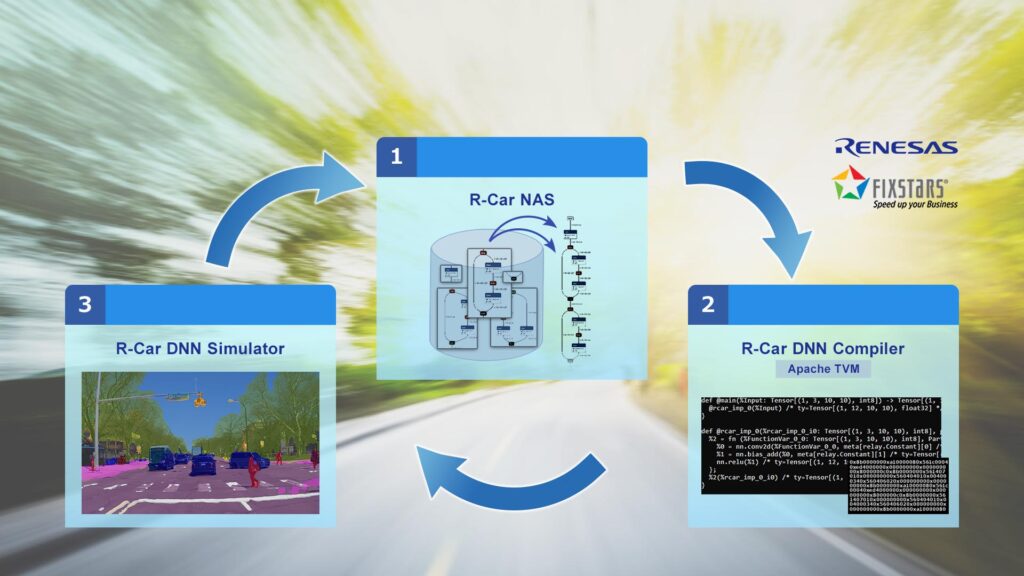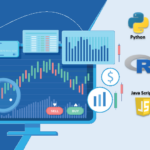 Renesas Electronics Corporation and Fixstars Corporation announced the joint development of a suite of tools that allows optimization and fast simulation of software for autonomous driving (AD) systems and advanced driver-assistance systems (ADAS) specifically designed for the R-Car system-on-chip (SoC) devices from Renesas. These tools make it possible to rapidly develop network models with highly accurate object recognition from the initial stage of software development that take advantage of the performance of the R-Car. This reduces post-development rework and thereby helps shorten development cycles.
Renesas Electronics Corporation and Fixstars Corporation announced the joint development of a suite of tools that allows optimization and fast simulation of software for autonomous driving (AD) systems and advanced driver-assistance systems (ADAS) specifically designed for the R-Car system-on-chip (SoC) devices from Renesas. These tools make it possible to rapidly develop network models with highly accurate object recognition from the initial stage of software development that take advantage of the performance of the R-Car. This reduces post-development rework and thereby helps shorten development cycles.
Today’s AD and ADAS applications use deep learning to achieve highly accurate object recognition. Deep learning inference processing requires massive amounts of data calculations and memory capacity. The models and executable programs on automotive applications must be optimized for an automotive SoC since real-time processing with limited arithmetic units and memory resources can be a challenging task. In addition, the process from software evaluation to verification must be accelerated and updates need to be applied repeatedly to improve accuracy and performance. Renesas and Fixstars have developed the following tools designed to meet these needs.
This tool generates deep learning network models that efficiently utilize the CNN (convolutional neural network) accelerator, DSP, and memory on the R-Car device. This allows engineers to rapidly develop lightweight network models that achieve highly accurate object recognition and fast processing time even without a deep knowledge or experience with the R-Car architecture.
This compiler converts optimized network models into programs that can make full use of the performance potential of R-Car. It converts network models into programs that can run quickly on the CNN IP and also performs memory optimization to enable high-speed, limited-capacity SRAM to maximize its performance.
This simulator can be used to rapidly verify the operation of programs on a PC, rather than on the actual R-Car chip. Using this tool, developers can generate the same operation results that would be produced by R-Car. If the recognition accuracy of inference processing is impacted during the process of making models more lightweight and optimizing programs, engineers can provide immediate feedback to model development, therefore shortening development cycles.
The first set of tools available today is designed for the R-Car V4H SoC for AD and ADAS applications that combine the powerful deep-learning performance of up to 34 tera operations per second (TOPS) with superior energy efficiency.




